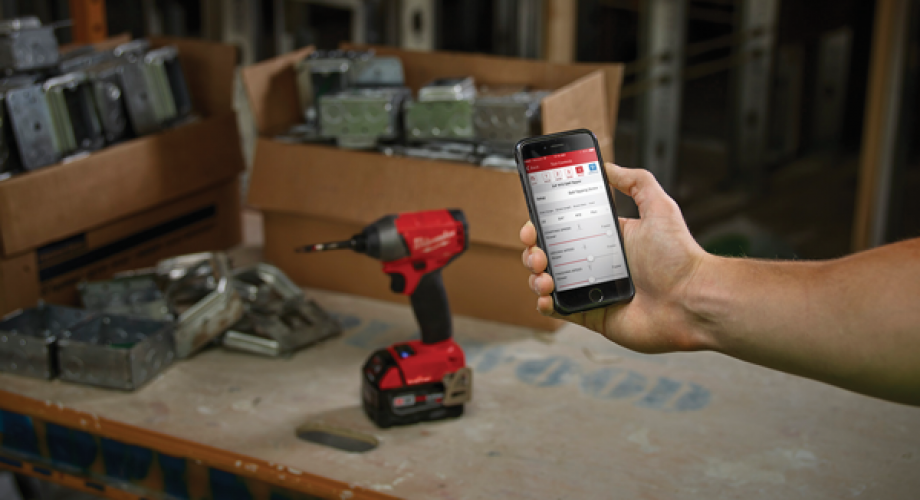If a tool breaks or maintenance doesnt have the right tool for the job, work on that project or repair is at a standstill until they replenish the supplies or gear up with new equipment.
Invest in brands and tools that emphasize quality, especially when talking about the must-have tools every maintenance professional uses on a regular basis. Make sure the maintenance staff is well equipped in core tools and tool categories and commonly used specialty items.
Storage.
High-quality tool storage both stationary and portable can help keep tools organized and boost efficiency. Where ever the maintenance staff calls home base should have at least one rolling tool chest and cabinet set. Milwaukee and Husky make excellent options in 46-inch and 52-inch sizes, respectively. Arm each maintenance professional with portable tool boxes for moving around the property. Husky makes a professional grade, 22-inch rolling tool tote that can withstand the elements and costs $99.
Battery platform. If the maintenance staff is not yet completely cordless with portable power tools, its time to make that switch. Cordless tools provide benefits when compared to corded, and technology is rapidly advancing to improve their power and runtime. Before committing, do research to determine which will be the communitys primary brand. Look for those with a large number of tools that work with the same batterythis will save money in the long run. Once a sufficient number of batteries are available for the staff to share, they can begin to buy more bare tools, which are more affordable tools, and that come without a battery. Milwaukee, RIDGID and Ryobi are great examples.
Power tools. Once the staff has chosen a brand, invest in the power tools theyre likely to use most often. This selection depends on the type of work performed regularly. If their tasks involve a lot of heavier work or construction, Milwaukee is a best bet. Consider investing in Milwaukees Bluetooth-enabled ONE KEY tools, which unlock an unprecedented world of capabilities in maintenance, inventory management and application. If the day-to-day work involves lighter applications and repairs, Ryobi would be better, as it balances quality and affordability.
Hand tools. With the right set of hand tools, technicians can fix just about any issue at the community. Maintenance professionals most likely have a solid collection of hand tools, but there have been great advancements recently that might inspire upgrades. Husky introduced its 100-position ratcheting technology a few months ago. This improvement enables work in much tighter spaces with a 3-degree arc swing. Combine that with a flex-head ratchet, and it becomes a hand tool worth picking up. Look for mechanics or other high-count sets that provide a range of sizes and fits in a single kit.
Flashlights. Proper lighting is critical to work in tight spaces. High-quality hand torches are available at reasonable prices. Husky recently introduced its unbreakable line of flashlights, which can survive a 30-foot drop and will keep working; and operate when submerged in up to 3 feet of water.
Drywall repair kits. Repairing drywall is as common as changing a light bulb. Many times the damage is found before painting. When the repair is small enough, going through the tedious and messy process of traditional drywall repair might not be necessary. Stock up on turnkey drywall repair kits, some of which can be applied with a common power drill.
Electric tools. Typically, electrical maintenance and repair is best left to professional electricians, but there are times when the maintenance staff must work with and around electrical wires. Make sure they are equipped with tools engineered specifically for electricians. Klein tools are a great recommendation. Start with the non-contact voltage tester and build out the collection from there. Contributed by Scott Matthews, Director, Strategic Accounts, The Home Depot
